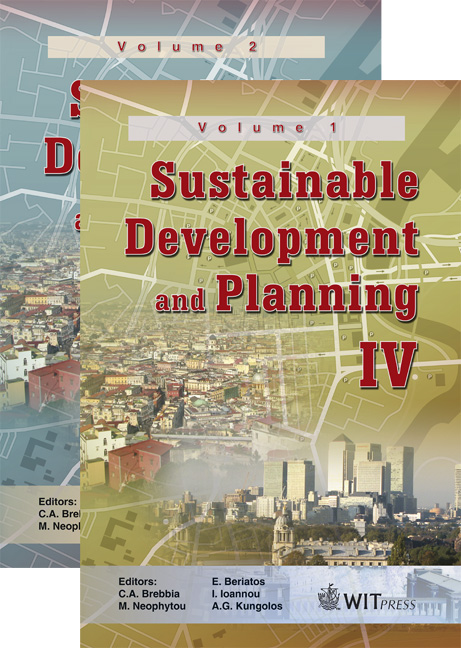Quantification Of The Domestic Waste Stream Of The North West Province Of South Africa For Management Purposes
Price
Free (open access)
Transaction
Volume
120
Pages
9
Page Range
901 - 909
Published
2009
Size
567 kb
Paper DOI
10.2495/SDP090852
Copyright
WIT Press
Author(s)
F. R. Kizza Kadama & P. Serumaga-Zake
Abstract
This paper provides information on the fractional and total quantity of domestic waste generated in each of the 21 local municipalities of the North West Province of South Africa. The paper was based on the results of a survey by Kadama (‘An Analysis of the Generation and Management of Domestic Waste in the North West province of South Africa’ PhD thesis, North West University, candidate) that determined the total and fractional composition of the domestic waste stream of the province. Using the 2001 and 2007 South African population figures as the variables P1 and P2 respectively in the equation P2 = P1 ern, the population growth rate (r) of the province for that period (n) was computed and used to predict the population for the period 2008 to 2015. The daily domestic waste load (DWL) generated in each municipality in a given year t was calculated by multiplying the population of the municipality in year t by 0.572kg being the domestic waste per capita (DWPC) of the province. It was assumed that economic factors would not adversely influence household consumption and were thus deemed to remain constant in the period of projection. The fractional proportions of the provincial domestic waste stream were applied to determine the quantity of recyclable material generated in each municipality. The results, which were presented in tabular form, gave an indication of the quantity of recyclable material that could be harvested from the individual municipalities. Among others, the paper recommended the adoption of public private partnerships to exploit the entrepreneurial potential identified. Keywords: domestic waste, domestic waste load, domestic waste per capita, fractional analysis, population, recycling.
Keywords
domestic waste, domestic waste load, domestic waste per capita, fractional analysis, population, recycling.





